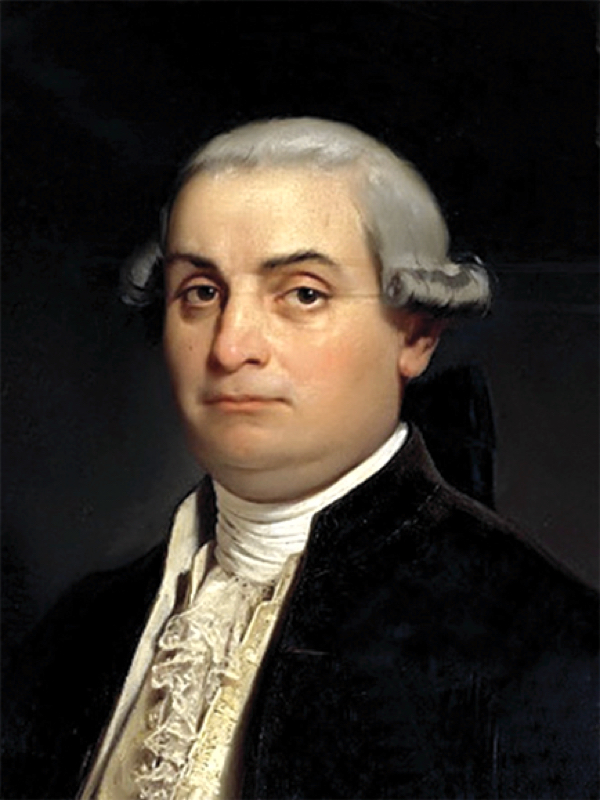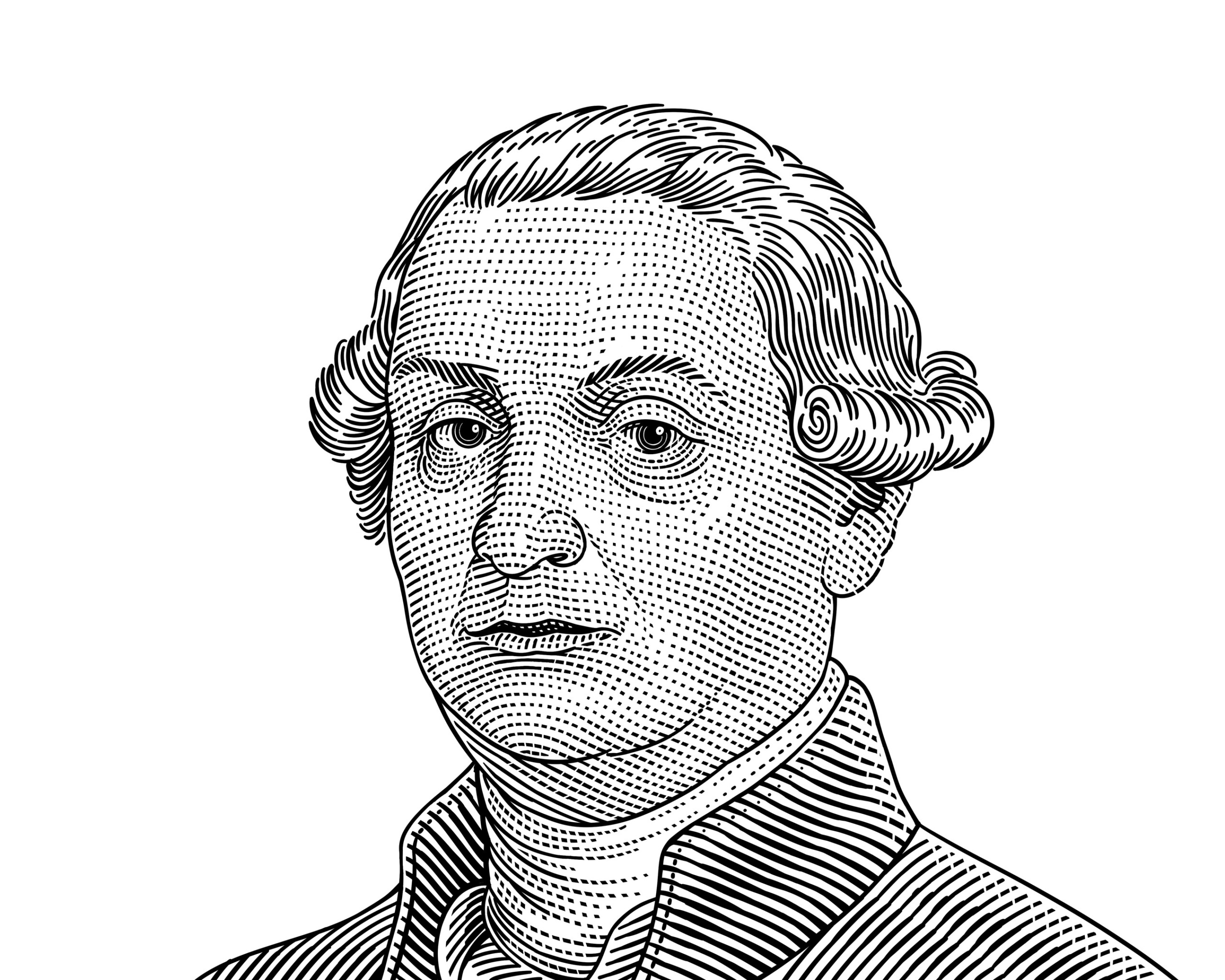Today marks the 38th installment in a series of articles by HumanProgress.org titled Heroes of Progress. This bi-weekly column provides a short introduction to heroes who have made an extraordinary contribution to the well-being of humanity. You can find the 37th part of this series here.
This week, our hero is the 18th century Italian criminologist Cesare Beccaria. Beccaria was the first modern writer to advocate for the abolition of capital punishment and the end of cruel torturous punishments. Beccaria believed that penalties for crimes should be proportional to the severity of the offense and that criminals should not be punished until proven guilty in a court of law. Many consider Beccaria to be the father of criminal justice. Thanks to his work, many nations were inspired to enact extensive legislative reforms to ensure due process, and the end of torture and capital punishment.
Cesare Beccaria was born March 15, 1738 in Milan, Italy. His father was an aristocrat on a moderate income. At the age of eight, Beccaria was sent to a Jesuit boarding school in Parma. Beccaria excelled in mathematics, although his early student days gave little indication of his intellectual brilliance. As a child, Beccaria was prone to a volatile temperament, which caused periods of immense enthusiasm, followed by periods of depression and inactivity – a trait that would be with him for the rest of his life.
In 1754, Beccaria enrolled in Pavia University and by 1758, he received his law degree. In his mid-twenties, Beccaria became friends with Pietro and Alessandro Verri – two brothers and writers from the Milanese aristocracy. Together, the young men formed a literary society named “The Academy of Fists.” The playfully-named group dedicated itself to the promotion of economic, political and administrative reforms. The society read many of the French and British Enlightenment thinkers and together they set up their own magazine named Il Caffè. The magazine was modeled on the English Spectator and sought to introduce Italians to Enlightenment ideas.
In 1763, inspired by his involvement in The Academy of Fists, Beccaria turned his attention to the study of criminal law. Although he had no prior experience working on criminal justice, in 1764 Beccaria published his most influential essay, titled On Crimes and Punishments.
The short essay heavily critiqued the use of torture, the arbitrary discretionary power of judges, the lack of consistency and equality of sentencing, and the use capital punishment. Beccaria argued that sentences should be scaled to the severity of an offense, and should only be severe enough to ensure security and order. He wrote that anything beyond that would be tyranny. The goal of Beccaria’s essay was to critique the existing legal system that he felt was unclear and imprecise, and largely based on a mixture of Roman law and local customs, rather than rationality. Beccaria believed that the opacity of the laws was a deliberate way for the government to control the populace.
Beccaria’s essay argued that the effectiveness of criminal justice depends mostly on the certainty of punishment, rather than its severity. Unlike many works before it, Beccaria’s publication also advocated the principle that no one should be sentenced until proven guilty in a court of law.
Beccaria’s essay became a success and it was quickly translated into French, English, Dutch, German and Spanish. Initially, out of fear of government backlash, Beccaria chose to publish the essay anonymously. But, after its rapid success, Beccaria soon republished it and credited himself as the author. Soon after its publication, Catherine the Great of Russia publicly endorsed Beccaria’s ideas, and Thomas Jefferson and John Adams noted their importance in guiding the Founding Fathers, and influencing the Bill of Rights and the American Constitution. Legislative reforms in Sweden, Russia and the Habsburg Empire were heavily influenced by Beccaria’s treatise, and the essay exerted enormous influence on criminal law reforms across other parts of the European continent.
In the late 1760s, Beccaria turned his attention to the study of economics, though none of his later works achieved the same success as On Crimes and Punishments. In 1768, he accepted the chair in public economy and commerce at the Palatine School in Milan. Two years later, Beccaria was appointed to the Supreme Economic Council of Milan. While in office, Beccaria largely focused on the issues of public education and labor policy. One of Beccaria’s later reports also played an important role in influencing France’s subsequent adoption of the metric system.
Beccaria’s later life was tarnished by family difficulties and health problems. Property disputes between his siblings resulted in litigation, which distracted him for many years. He cut short his visit to Paris in 1766 due to homesickness and never ventured abroad again. Over many years, a myth grew that Beccaria’s literary silence was due to his expulsion from the Milanese government. In actuality, his silence was caused by periodic bouts of depression. Although Beccaria was initially enthusiastic about the French Revolution, he spent his last few months saddened by the violence of the “Reign of Terror.” He died on November 28, 1794 in his birthplace of Milan, Italy.

Beccaria’s work fundamentally changed the criminal justice systems in many countries for the better. As the first modern writer to have advocated for the abolition of capital punishment, he can be regarded as the founder of the anti-capital punishment movement that still exist in many countries today. Thanks to Beccaria, cruel and unusual punishments are no longer the norm in much of the world. As a result of his advocacy, a fathomless amount of human suffering and injustice has been avoided. For these reasons, Cesare Beccaria is our 38th Hero of Progress.

